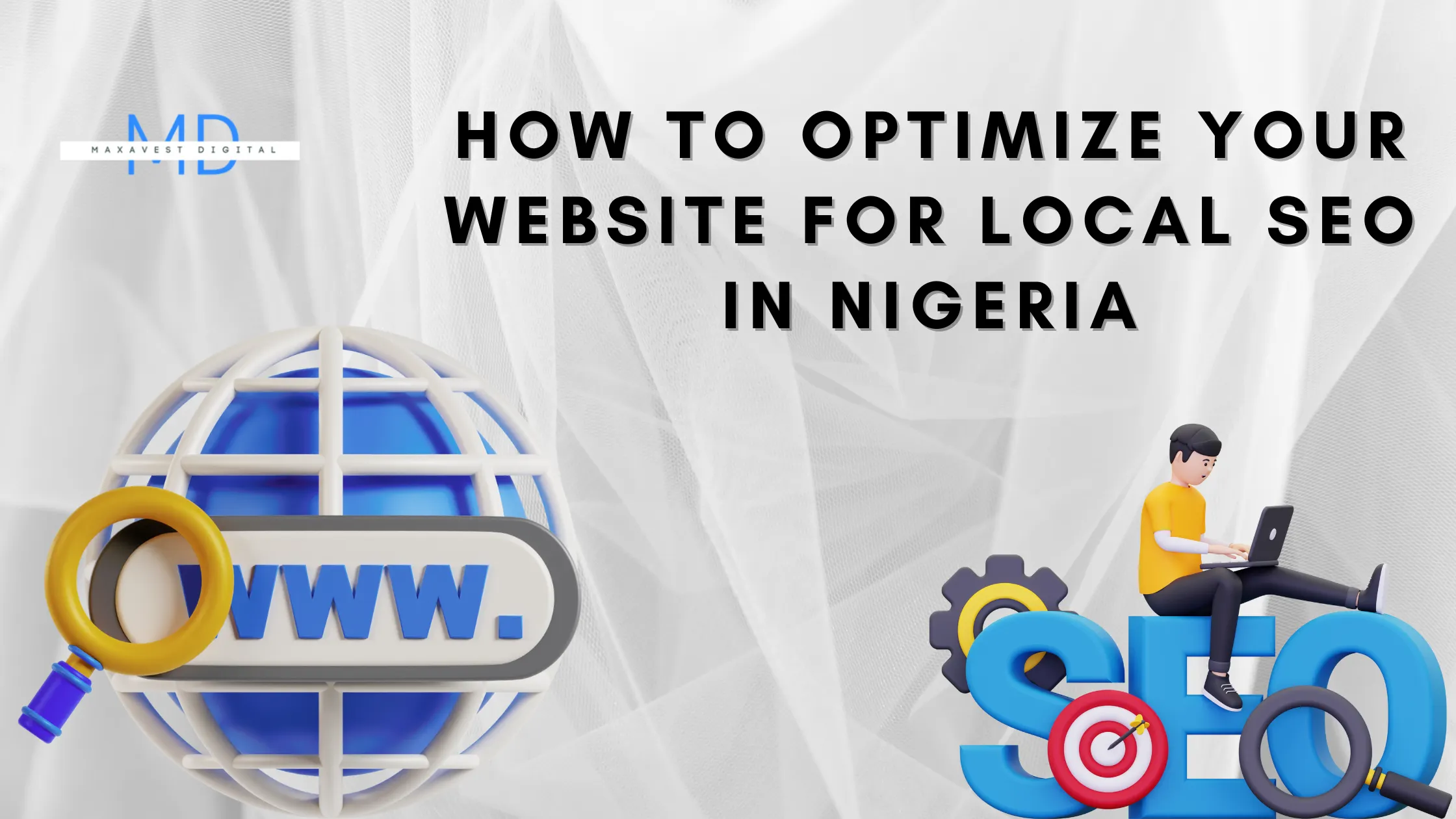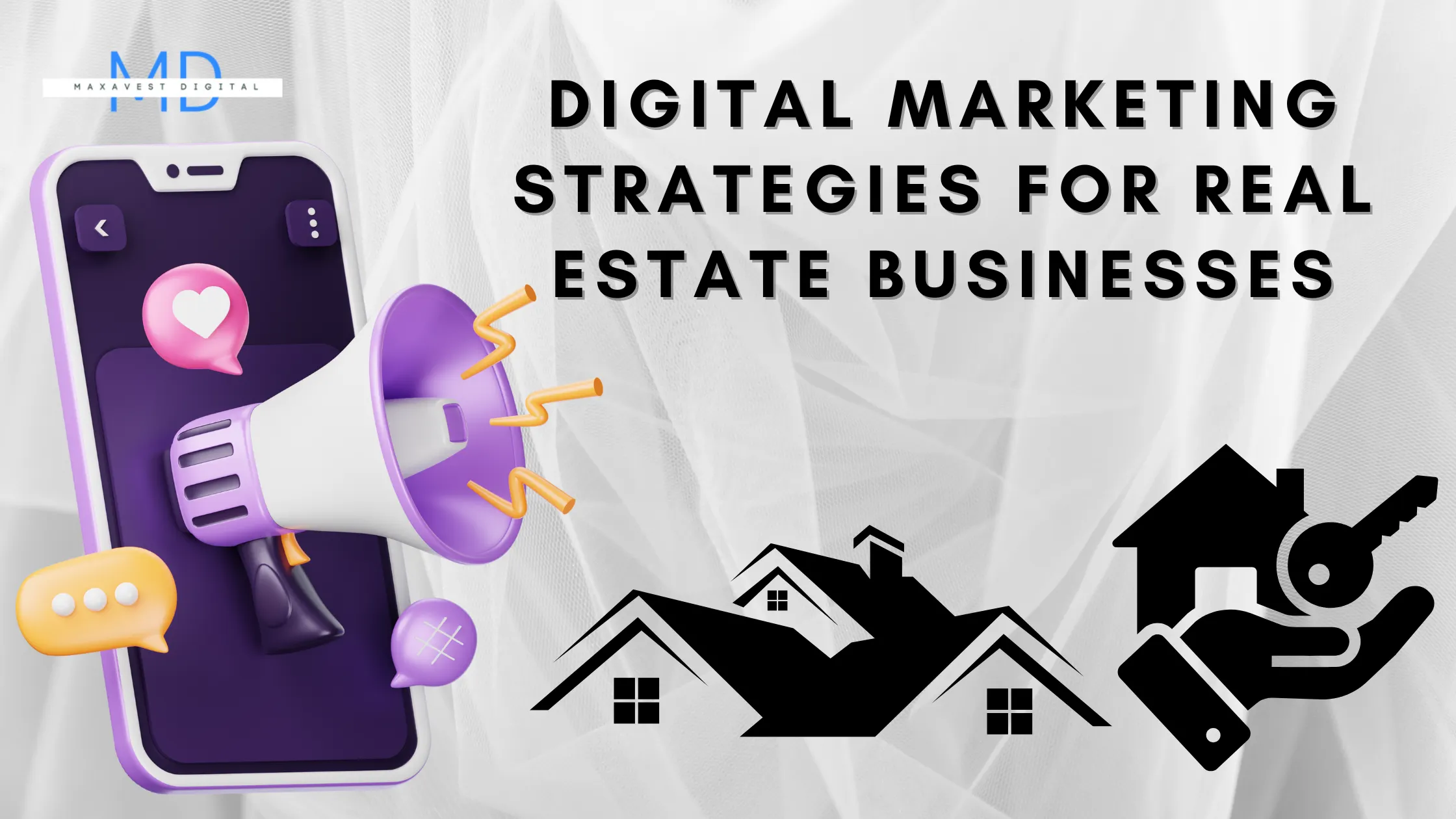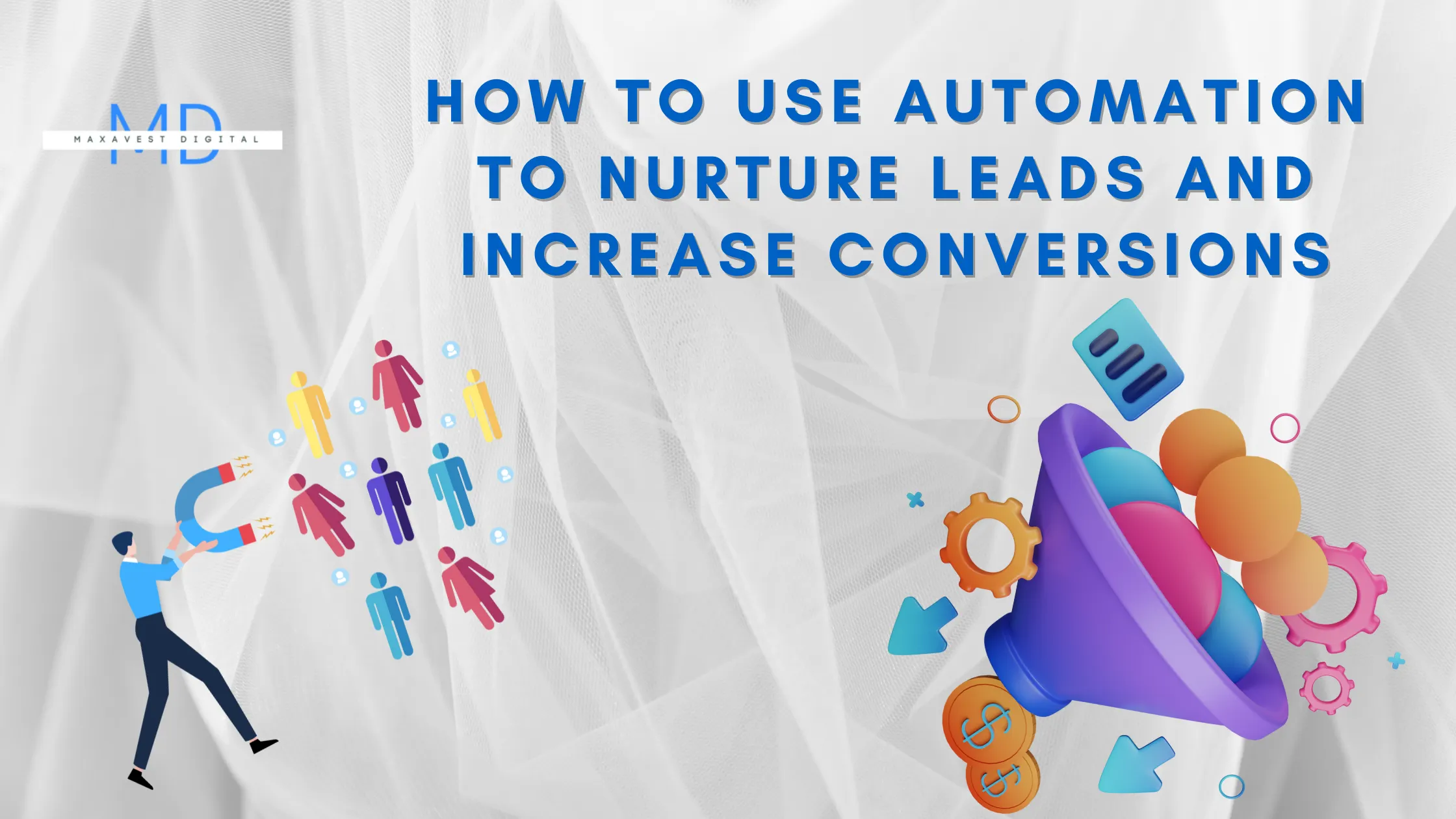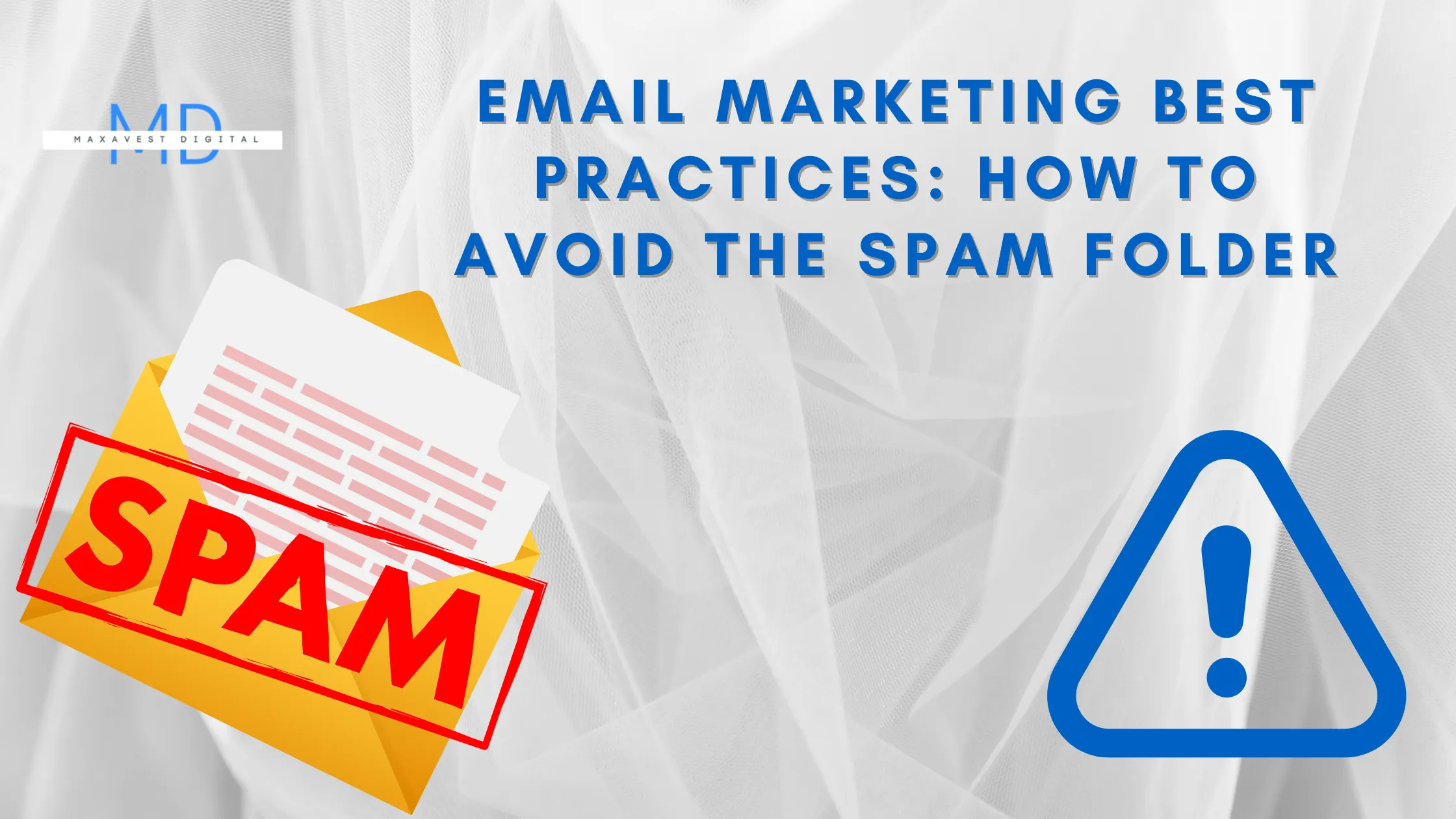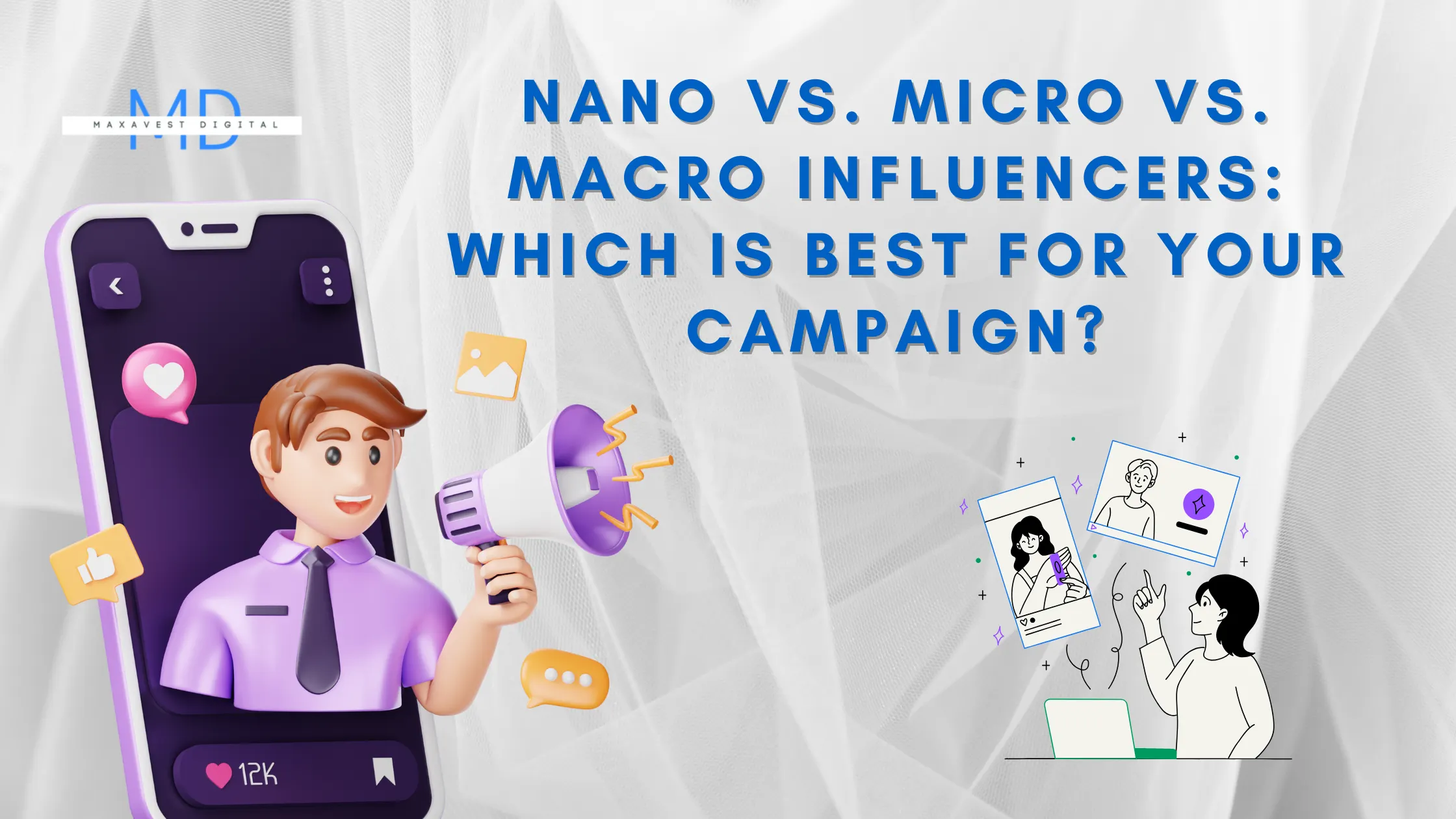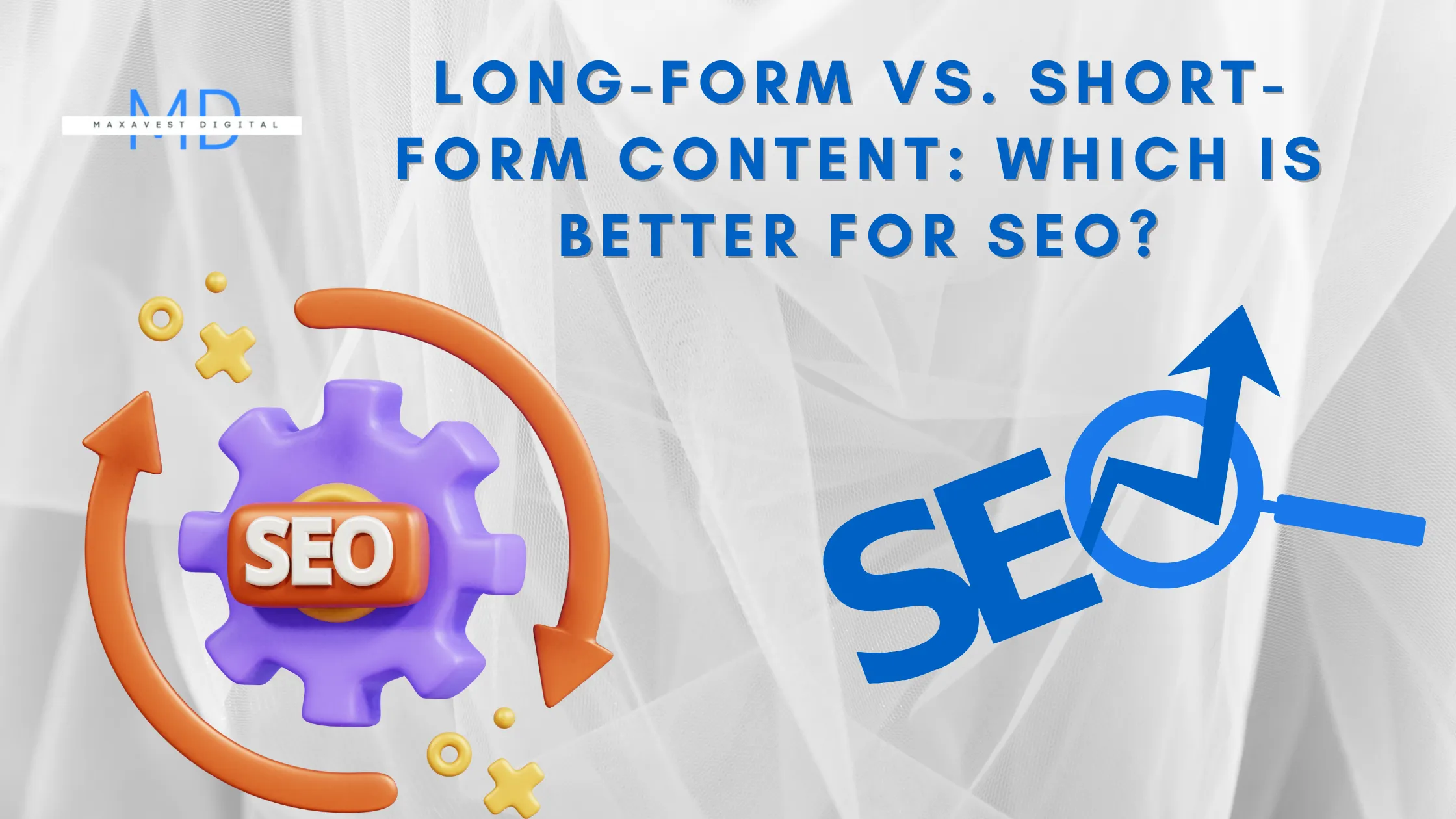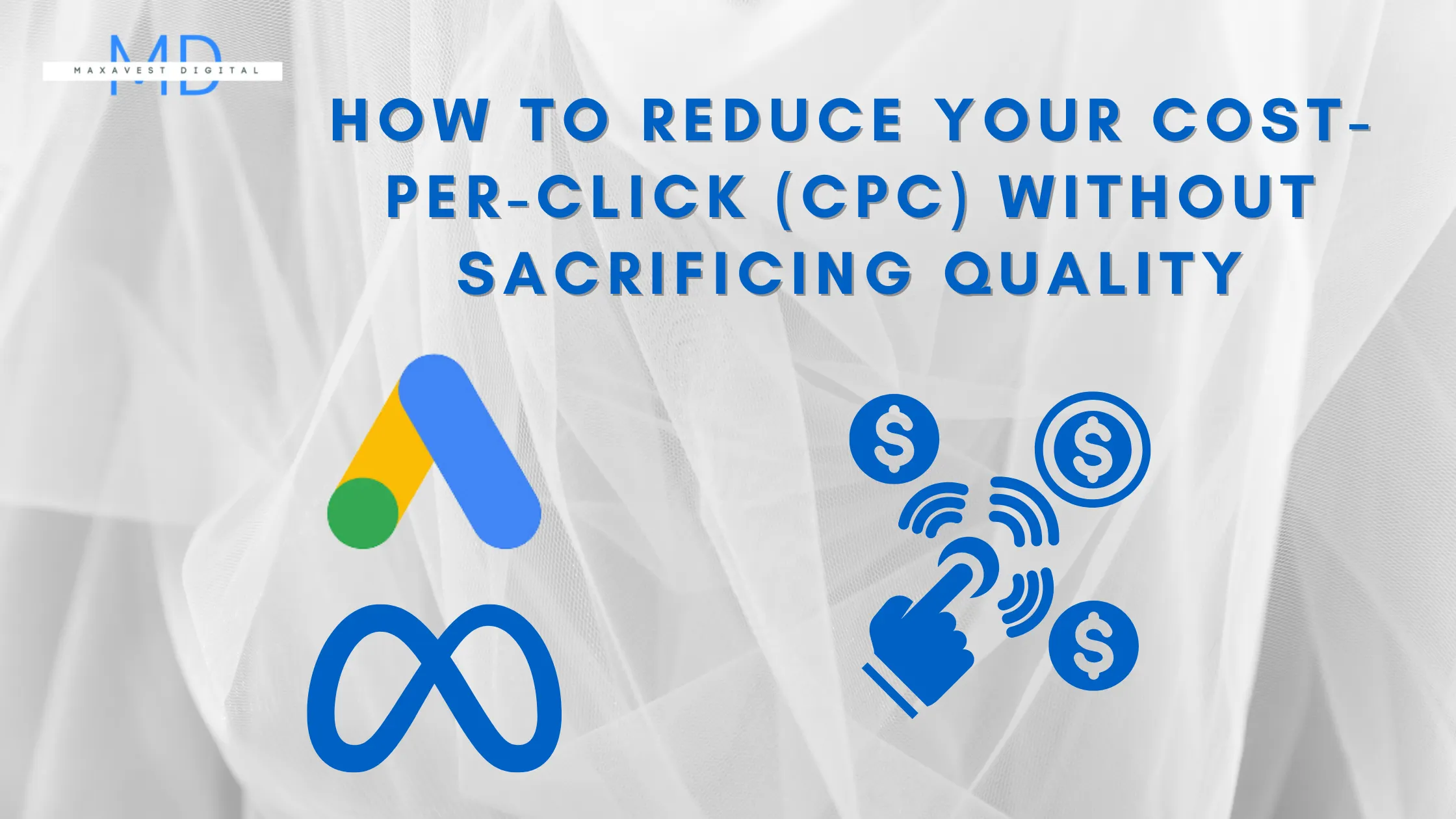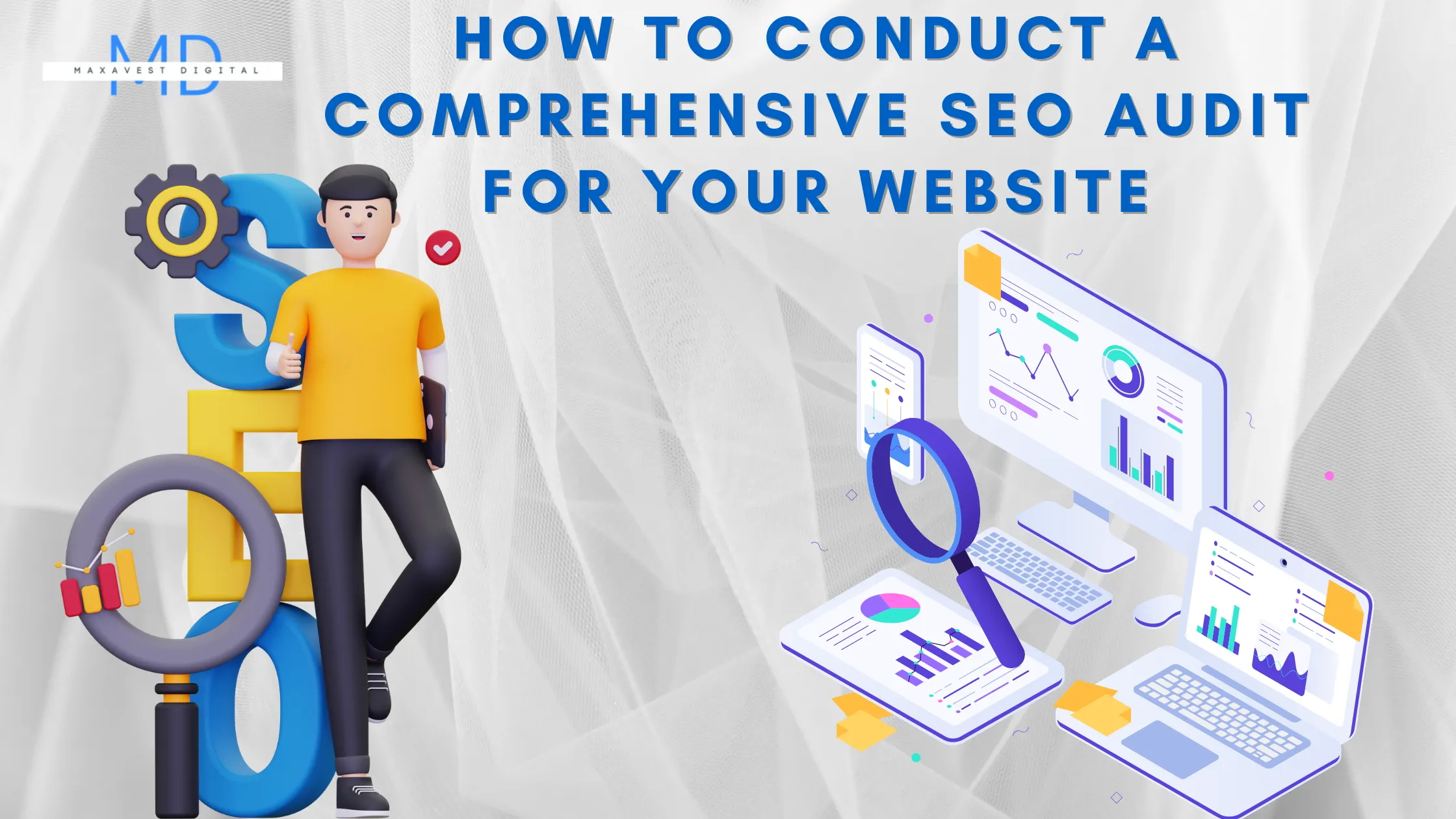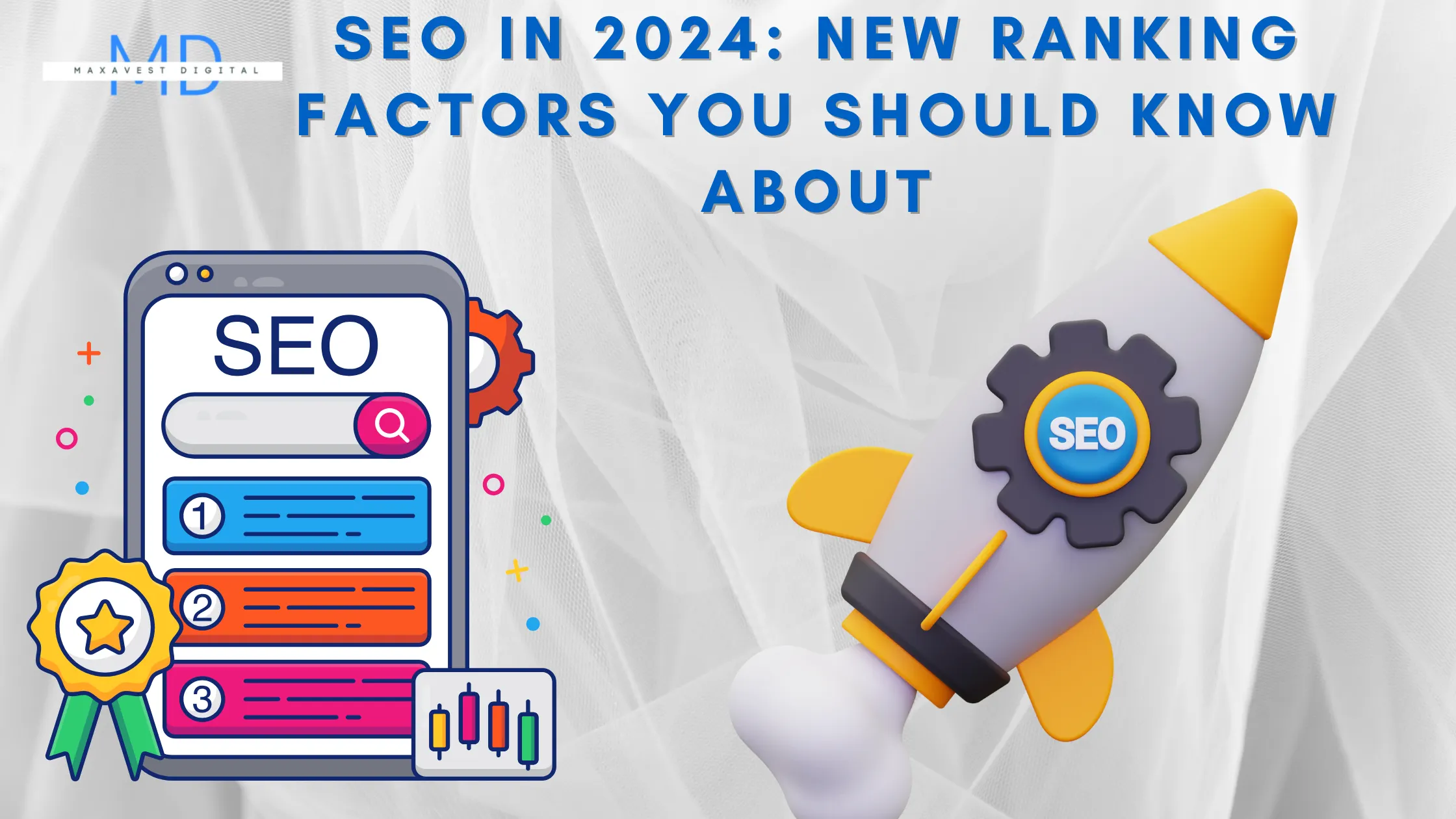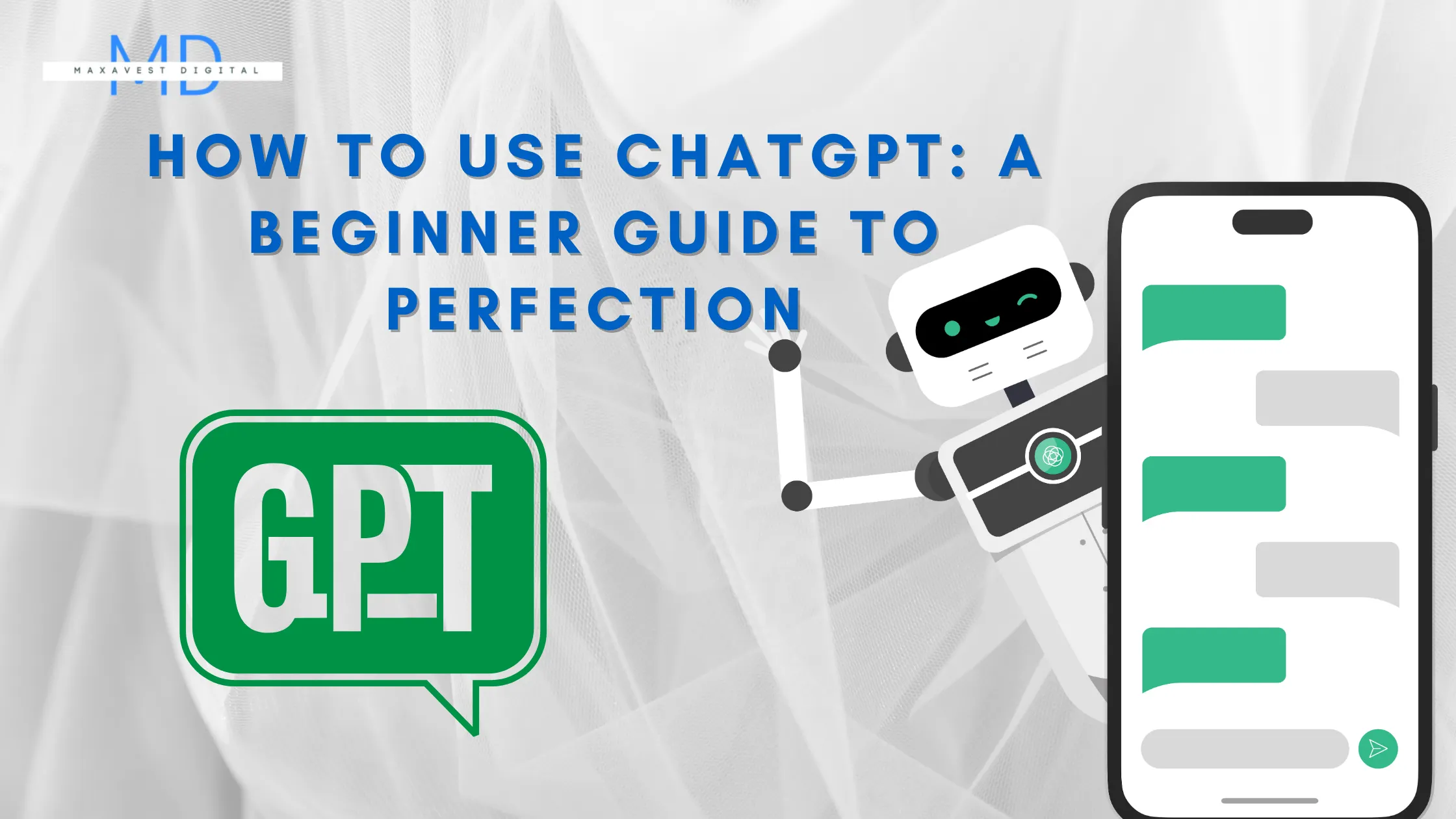Digital Marketing Strategies for Real Estate Businesses
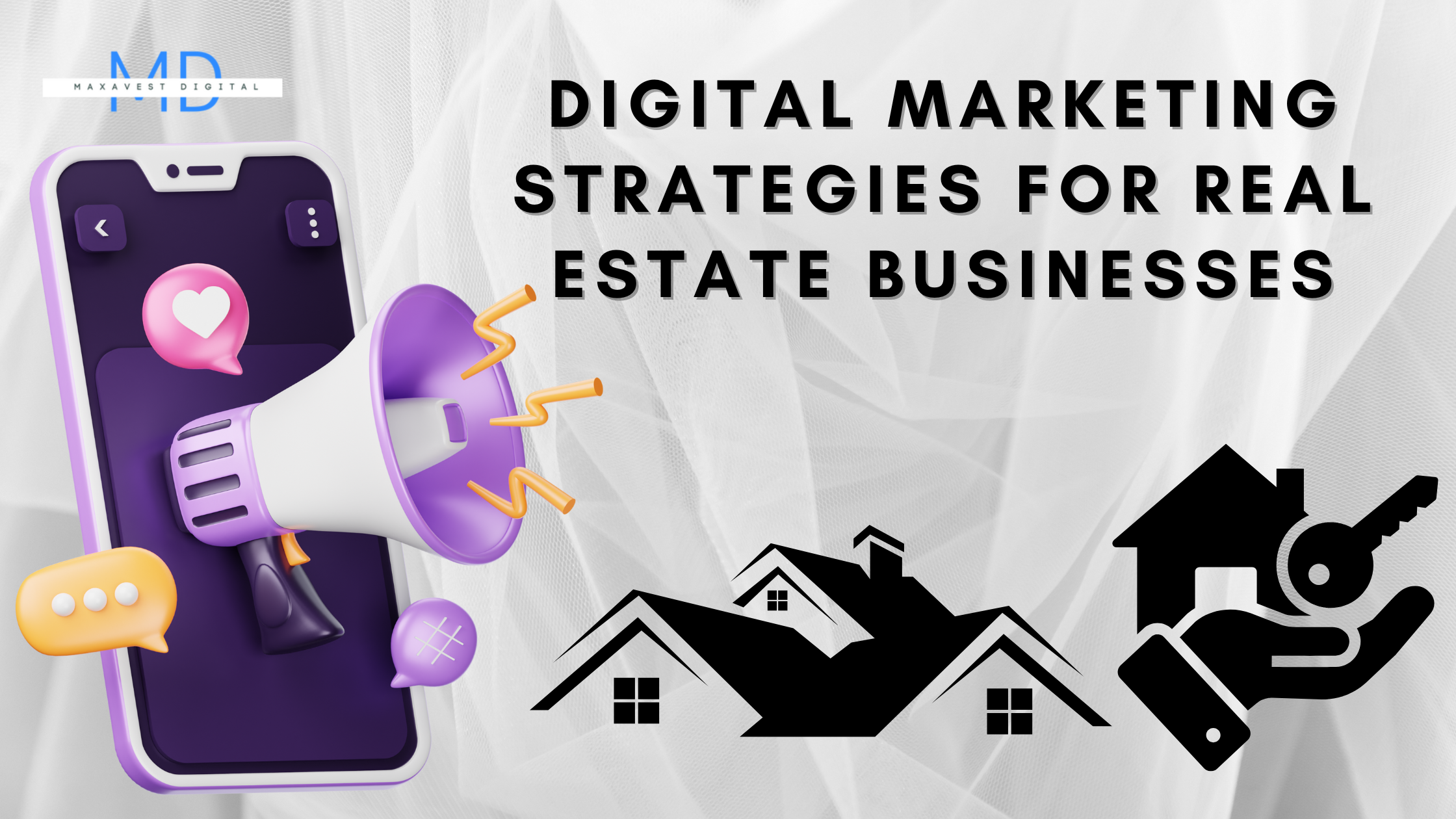
In today’s highly digital world, real estate businesses must adapt to new marketing strategies to stay relevant and competitive. The traditional ways of reaching potential buyers are no longer enough. The shift to online platforms has revolutionized the real estate landscape, and leveraging the right digital marketing strategies can mean the difference between success and stagnation. In this guide, we’ll dive into key digital marketing strategies that will empower real estate businesses to not just survive but thrive.
Understanding the Real Estate Landscape in the Digital Age
The real estate industry has been slow to adopt digital marketing, but the last few years have forced a transformation. Buyers and sellers alike are turning to the internet as their first point of contact. With just a few clicks, potential buyers can now browse thousands of listings, watch virtual property tours, and even engage with real estate professionals without stepping outside their homes. As a result, a robust digital marketing presence has become a non-negotiable asset for any real estate business looking to expand its reach.
The Importance of Digital Marketing for Real Estate
Digital marketing allows real estate businesses to reach a broader audience than traditional methods. With a strategic digital presence, agents and agencies can attract more leads, engage with potential buyers, and nurture these relationships more effectively. Moreover, it offers the opportunity to showcase properties in dynamic, innovative ways—far beyond what a printed brochure or a simple signboard could ever achieve.
How Consumer Behavior Has Shifted Online
Consumers today are more informed and proactive. They prefer to conduct their own research online, comparing options and prices before contacting a real estate agent. This shift in behavior means that a real estate business’s digital footprint often serves as the first impression for potential clients. Therefore, having a well-optimized online presence is essential to attracting, engaging, and converting leads in the modern market.
Key Components of a Digital Marketing Strategy
A successful digital marketing strategy in real estate requires more than just setting up a website. It’s about creating a multifaceted plan that encompasses various elements—each working together to build visibility, trust, and ultimately, drive conversions.
Creating a User-Friendly Website That Converts
Your website is the cornerstone of your digital marketing strategy. A clean, easy-to-navigate, and mobile-optimized website that offers seamless browsing experiences will keep visitors engaged. Essential elements include property listings with high-quality images, detailed descriptions, and clear calls-to-action. A smooth user experience ensures that potential clients can find what they need quickly, increasing the likelihood of them contacting you.
The Power of SEO for Real Estate Listings
Search engine optimization (SEO) is critical for real estate businesses aiming to increase their online visibility. Optimizing your website for relevant keywords—such as property types, neighborhoods, and local real estate terms—can help your listings appear higher in search engine results. This visibility is key to attracting organic traffic to your site.
Optimizing for Local Searches and Keywords
Real estate is inherently local, so optimizing for location-specific keywords is crucial. Make sure your business appears in local search results by focusing on keywords like “homes for sale in [city]” or “real estate agent in [neighborhood].” Claiming and optimizing your Google My Business profile is another key step to dominate local search results.
Building a Strong Online Presence
Your online presence should extend beyond just your website. In the digital age, potential clients are also searching for you on social media, review sites, and community forums.
Leveraging Social Media Platforms Effectively
Social media is a powerful tool for real estate businesses. Platforms like Instagram, Facebook, and LinkedIn offer unique ways to connect with your audience. But it’s not just about being present; it’s about being active and engaging. Post regularly, respond to inquiries, and use social media to build relationships with your audience.
Choosing the Right Platforms for Your Audience
Each social media platform serves a different purpose and audience. For example, Instagram and Facebook are great for showcasing beautiful property images and virtual tours, while LinkedIn is better suited for professional networking and B2B real estate transactions. Identifying where your target audience spends their time is essential for maximizing your social media efforts.
Crafting Compelling Content for Social Media
Content is king when it comes to engaging with your audience. From stunning property photos and virtual walkthroughs to market updates and client testimonials, your social media content should educate, entertain, and inform. Craft posts that tell stories, offer value, and encourage interaction.
Using Video Marketing to Showcase Properties
Video content is a game-changer in real estate marketing. With the rise of platforms like YouTube, TikTok, and Instagram Reels, video is no longer optional—it's essential.
The Rise of Video in Real Estate Marketing
Video marketing allows potential buyers to experience properties in a way that static images simply cannot. With video, real estate agents can bring homes to life, offering prospective clients a more immersive experience.
Creating Virtual Tours and Property Walkthroughs
Virtual tours are now a standard feature in real estate marketing. By offering detailed 360-degree tours or narrated video walkthroughs, you can engage with potential buyers remotely, giving them a sense of the space before they even step foot on the property.
Engaging Storytelling Through Video Content
Beyond virtual tours, video content can tell a compelling story about a home or neighborhood. Highlight key features, share the lifestyle the property offers, and even interview past clients or local residents to add a human touch.
Harnessing the Power of Email Marketing
Email marketing is an incredibly effective way to nurture leads and stay top-of-mind with your audience. However, it’s important to be strategic about how you use email to avoid coming off as spammy.
Building and Segmenting Your Email List
A well-segmented email list ensures that you’re sending the right messages to the right people. Divide your list based on factors like buying preferences, location, and past interactions with your business. This helps ensure your communications are relevant and personalized.
Crafting Engaging Newsletters and Property Alerts
Regular newsletters keep your audience informed about new listings, market trends, and upcoming events. Meanwhile, property alerts can help potential buyers stay updated on properties that fit their criteria.
Personalization and Automation in Email Campaigns
Personalization is key in email marketing. Use the recipient's name, send tailored property suggestions, and employ automated follow-up sequences to nurture leads. Automation ensures no potential client slips through the cracks while allowing you to focus on closing deals.
Pay-Per-Click Advertising: Reaching the Right Audience
For real estate businesses looking to drive quick results, Pay-Per-Click (PPC) advertising offers a targeted approach to capturing leads.
Understanding PPC Advertising in Real Estate
PPC advertising allows you to bid on keywords related to real estate and appear at the top of search results. This visibility is critical for generating leads who are actively searching for properties or real estate services.
Crafting Effective Ads for Maximum Engagement
Your ads need to be compelling and action-oriented. Whether it’s a search ad on Google or a display ad on social media, ensure that your copy is clear and highlights the value you offer. Use strong calls to action to encourage clicks.
Tracking and Optimizing PPC Campaigns for Success
Success in PPC requires constant monitoring and optimization. Use analytics tools to track performance and adjust your strategy based on what works best. A/B testing your ads and landing pages can help you hone in on what drives the most engagement.
Utilizing Content Marketing to Educate and Engage
Content marketing allows you to position yourself as a trusted expert in real estate. By creating informative and engaging content, you can attract and retain an audience.
Creating Valuable Resources for Homebuyers and Sellers
Buyers and sellers are hungry for information. Create content that answers their questions, such as how-to guides, tips for preparing a home for sale, or market trend reports.
Blogging About Market Trends and Neighborhood Insights
A blog is a great way to offer in-depth insights into the market. Share information on local neighborhoods, market predictions, and advice for homebuyers and sellers to demonstrate your expertise.
The Role of Infographics and eBooks in Content Marketing
Visual content, like infographics and eBooks, can help simplify complex information. These resources can serve as valuable lead magnets, encouraging potential clients to provide their contact information in exchange for downloadable content.
The Impact of Online Reviews and Reputation Management
Reputation is everything in real estate. Online reviews can make or break a potential client’s decision to work with you.
Encouraging Positive Reviews from Satisfied Clients
After closing a deal, don’t hesitate to ask satisfied clients for a review. Positive testimonials provide social proof and build trust with future clients.
Responding to Feedback: Building Trust and Credibility
Whether the feedback is positive or negative, responding to reviews shows that you care about your clients' experiences. Addressing negative reviews professionally and offering solutions can even turn a bad experience into a positive one.
Managing Your Online Reputation Effectively
Consistency in your reputation management efforts is crucial. Regularly monitor review sites and social media platforms to ensure your brand image remains positive.
Networking Through Online Communities and Forums
In addition to your own platforms, participating in real estate communities online can expand your network and establish you as a thought leader.
Joining Real Estate Groups on Social Media Platforms
Social media groups offer opportunities to engage with potential clients and industry peers. Join relevant groups, share your expertise, and engage in meaningful conversations.
Participating in Discussions and Sharing Expertise
Position yourself as a trusted expert by offering advice and insights in online discussions. The more value you provide, the more likely people will seek you out for your services.
Building Relationships with Potential Clients and Industry Peers
Networking through online forums and communities allows you to build relationships not just with clients but also with other real estate professionals. These connections can lead to referrals and partnerships down the line.
Analyzing and Adapting Your Digital Marketing Strategies
Digital marketing is never static. To ensure long
-term success, it's crucial to regularly analyze your efforts and adapt your strategies based on performance data.
The Importance of Tracking Analytics and Metrics
To understand what’s working and what’s not, tracking metrics such as website traffic, conversion rates, and engagement levels is essential. Google Analytics, social media insights, and email marketing reports are just a few tools that provide valuable data on user behavior and campaign performance. This data helps you determine which strategies are yielding the best results and which areas need improvement.
Tools for Measuring Your Marketing Effectiveness
There are numerous tools available for tracking digital marketing performance. Google Analytics is an industry-standard for monitoring website traffic, while platforms like SEMrush or Moz are useful for SEO tracking. Social media platforms have built-in analytics, and email marketing platforms like Mailchimp or HubSpot can provide detailed reports on the success of your campaigns. These tools give you the insights needed to adjust your approach and improve your ROI.
Adapting Strategies Based on Performance Data
Once you’ve gathered enough data, the next step is to adapt. Did your email campaign see low open rates? Consider testing different subject lines. Is your website’s bounce rate high? It might be time to revamp your landing pages for better engagement. The key is to remain flexible, using data to inform changes and continually improve your digital marketing tactics.
Future Trends in Real Estate Digital Marketing
The world of digital marketing is ever-evolving, and staying ahead of emerging trends is critical for long-term success.
Emerging Technologies: AI and Virtual Reality in Marketing
Artificial intelligence (AI) and virtual reality (VR) are two technologies that are reshaping the real estate industry. AI-driven chatbots can provide instant responses to client inquiries, enhancing customer service. Meanwhile, VR allows potential buyers to tour properties from anywhere in the world, offering an immersive, interactive experience that goes far beyond traditional photos or videos. As these technologies become more accessible, incorporating them into your digital strategy will set you apart from competitors.
The Importance of Staying Ahead of Digital Marketing Trends
As new technologies and platforms emerge, staying informed and adaptable is key. Keep an eye on industry news, attend digital marketing conferences, and continue to experiment with new tools and tactics. Those who can quickly adapt to changes will maintain a competitive edge in the ever-shifting digital landscape.
Conclusion: Crafting a Comprehensive Digital Marketing Plan
In conclusion, digital marketing is not just a supplementary tool for real estate businesses—it’s an essential component of success in the modern market. From building a user-friendly website and leveraging SEO to harnessing the power of video, social media, email marketing, and PPC ads, each element plays a critical role in reaching and engaging potential clients.
Bringing It All Together: A Holistic Approach to Digital Marketing
A comprehensive digital marketing plan takes a holistic approach, integrating various strategies into one cohesive effort. Each element—from your website and content marketing to PPC and social media—should work together to guide prospects through the buyer's journey. Consistency across platforms and strategies helps create a seamless experience for potential clients, building trust and authority.
Next Steps for Implementing Your Strategies and Measuring Success
To implement these strategies effectively, start by setting clear, measurable goals. Use analytics tools to track your progress, and don’t be afraid to adjust your approach as needed. Stay proactive, keep an eye on emerging trends, and continuously refine your digital marketing efforts to remain competitive in the ever-changing real estate landscape.
By focusing on a data-driven, multi-faceted digital marketing approach, real estate businesses can better engage their audience, build lasting relationships, and, ultimately, close more deals in today’s digital-first world.


